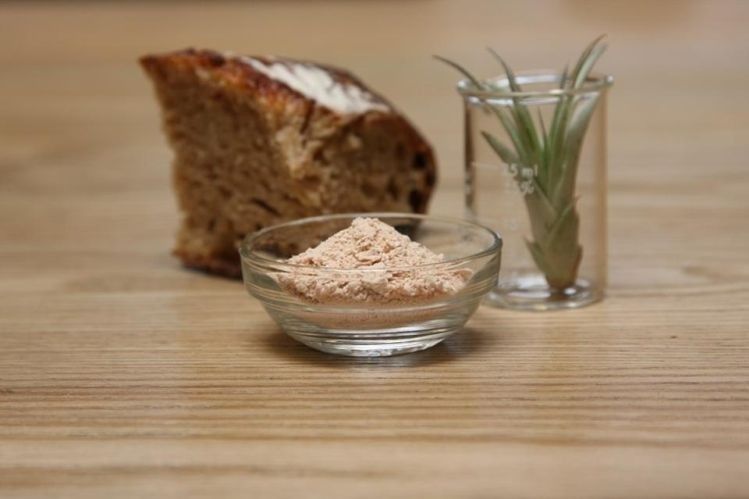ADM has entered a strategic development agreement with Air Protein, a startup seeking to decouple food production from agricultural land by using carbon dioxide, rather than sugar, to fuel its microbial fermentation platform.
Under the agreement, ADM—a strategic investor in Air Protein—will work with the California-based firm “to identify ways to scale cost-effective ingredients that enable meat substitutes to deliver on their cost, nutrition, flavor and texture targets.”
The deal also provides for the mutually exclusive rights for the partners to build and operate Air Protein’s first commercial scale plant, says the company, which has started commissioning a demo-scale site in San Leandro, California.
“Food security and sustainability are two of the enduring trends driving the growth and evolution of protein demand, and ADM is at the forefront of expanding the entire protein ecosystem,” said ADM SVP strategy and innovation Ian Pinner.
“We’re expanding our partnership to bring ADM’s industry-leading expertise in flavors and complete nutrition solutions to help expand the universe of applications in which Air Protein’s technology can be used.”
Food production, decoupled from agricultural land
One of a new breed of startups growing microbes fed on elements in the air, rather than agricultural feedstocks such as sugars (other players include Farmless and Solar Foods), Air Protein was founded by physicist Dr. Lisa Dyson in 2019.
A spinoff of Kiverdi, with exclusive rights to use Kiverdi’s technology in food production, Air Protein has raised $107 million from investors including ADM Ventures, the Ford Foundation, Barclays Sustainable Impact Capital, Plum Alley, and GV.
Unlike strains of fungi that feed on sugars to make high-protein meat substitutes, Air Protein deploys single-cell organisms first studied by NASA in the 1960s to convert carbon dioxide and other components exhaled by astronauts into protein.
The Non-GMO bacteria in question can convert core elements from the air such as carbon dioxide, oxygen and nitrogen into complete protein, producing large quantities of biomass and nutrients including vitamin B12 “in the dark, in any season, in any geography.” The key inputs are CO2, water, and electricity.
It has not discussed pricing vs existing protein sources but claims there are clear benefits to production systems that can use a recycled greenhouse gas as a core input, producing large quantities of protein ‘to order’ in a matter of hours, without using vast tracts of land to grow crops or feed animals.
While the initial deployment will use commercially available CO2 (the kind used in sparkling water), the long-term plan is to use carbon dioxide from direct air capture technologies.
Do consumers want bacteria in meat substitutes?
Whether consumers will embrace protein-packed bacteria as a meat substitute—however efficiently/sustainably-grown—is yet to be determined, although advocates of the technology point out that consumers are already accustomed to the concept of eating bacteria via probiotics.
For example, Superbrewed Food, another startup growing protein-packed bacteria for dairy and meat substitutes (using sugar rather than ‘air’ as a feedstock), has attempted to tap into the ‘biotics’ trend by describing its ingredient as a ‘postbiotic.’
The first ingredient Air Protein plans to commercialize is a protein-rich wholefood ingredient that can be used in a variety of products from meat-alternatives to protein-enriched pastas, dairy, cereals, nutrition bars, sports nutrition products and protein shakes.
However, the plan is develop a platform that can produce a suite of ingredients.
Labeling is yet to be determined, says the company, which has self-affirmed the GRAS (Generally Recognized as Safe) status of its ingredients and submitted a dossier to the US Food and Drug Administration (FDA) in the hope of securing a coveted “no questions” letter.





